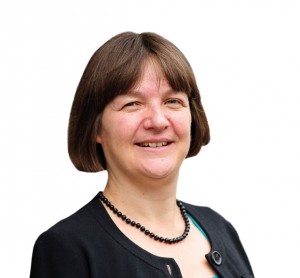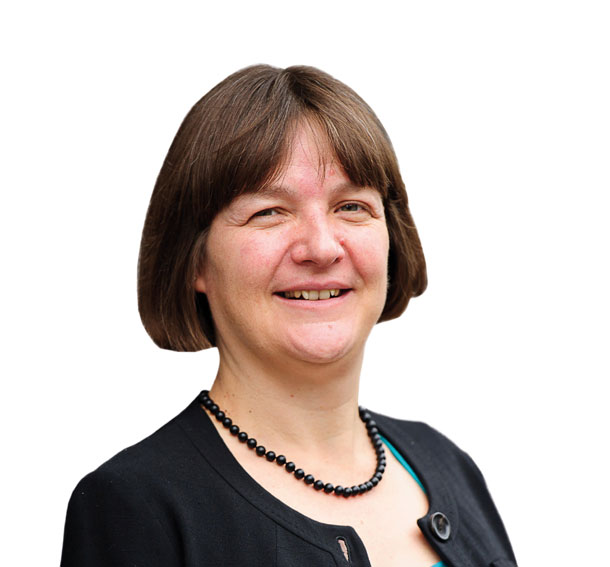 The South Coast’s logistics industry may seem optimistic in light of current economic challenges but a focus on cost cutting and sticking to core business is restricting innovation, says leading Southampton business adviser Grant Thornton.
The South Coast’s logistics industry may seem optimistic in light of current economic challenges but a focus on cost cutting and sticking to core business is restricting innovation, says leading Southampton business adviser Grant Thornton.
According to research from the Grant Thornton and Barclays UK Logistics Confidence Index, it appears that although the majority of logistics businesses on the South Coast are investing over the next six months, they continue to tackle the same ongoing issues, leaving innovation to take a back seat.
The research suggests the biggest concerns that logistics businesses are facing over the next six months are margin pressure, followed by fuel costs (20%) and the eurozone uncertainty (15%).
Amanda James, Senior Manager at Grant Thornton, said: “The next 12 months will likely be a period of consolidation in the sector, creating more companies of scale who are able to invest in innovation and diversification, as continuing to do more of the same is simply not an option. We also believe that the really successful companies will be operating on an “asset light” basis and co-ordinating the provision of services across the supply chain.”
Frank Dixie, Managing Director of Segensworth-based worldwide logistics company, PSP, says that while he agrees fuel costs and eurozone uncertainty is making life difficult for logistics firms, there is no excuse for letting innovation take a back seat.
He said: “Fuel costs have been a key challenge for the logistics industry in the UK so it’s interesting to see it coming in as one of the top concerns. However, despite this and other challenges, we as a compny have been able to grow through innovation. Just this year we were able to report a 20% increase in turnover from non-leisure boat shipments, following our decision to provide a bespoke service for ferry and hovercraft transportation. Innovation and diversification are key at this crucial turning point in the UK’s economy.”






















